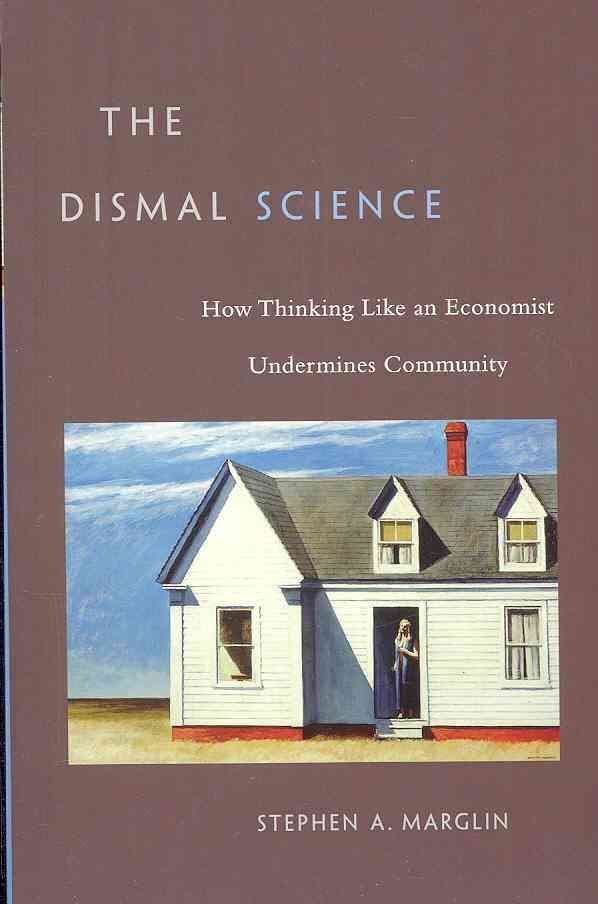Much of man’s behaviour is controlled by appearance, but the appearance of his food is of paramount importance to his health and well-being. In day-to-day survival and marketing situations, we can tell whether or not most foods are fit to eat from their optical properties. Although vision and colour perception are the means by which we appreciate our surroundings, visual acceptance depends on more than just colour. It depends on total appearance. In the recent past the food technologist has been under pressure to increase his/her understanding of first, the behaviour of raw materials under processing, and second, the behaviour and motivation of his/her customers in a growing, more discriminating, and worldwide market. The chapters which follow describe the philosophy of total apÂ- pearance, the factors comprising it, and its application to the food industry. Included are: considerations of the evolutionary, historical, and cultural aspects of food appearance; the physics and food chemistry of colour and appearance; the principles of sensory apÂ- pearance assessment and appearance profile analysis, as well as instrumental measurement; the interaction of product appearance, control, and acceptance in the varied environments of the laboratory, production line, supermarket, home and restaurant. A broad examination has been made in an attempt to get into perspective the importance of appearance to all sectors of the industry.












